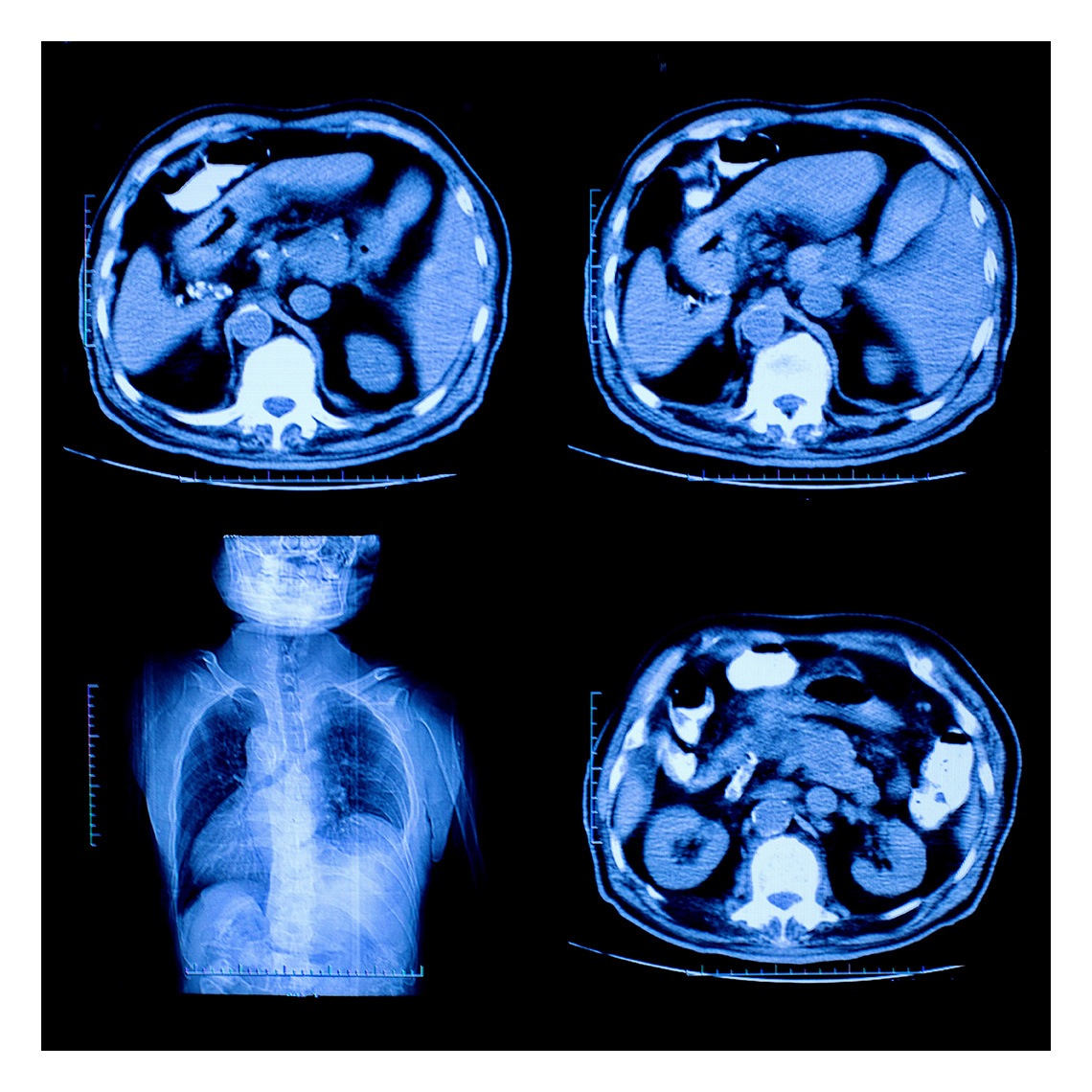Newsletter
Mr. Rogers Would Have Been Proud
Apr 30, 2013
For those of us left only to watch in horror on Marathon Monday, heeding Fred Roger’s advice to “look for the helpers” gave us countless selfless acts to observe. Many of those spectators and race participants who rushed to the aid of the bombing victims were “off duty” physicians and nurses. Even though many had never experienced similar circumstances, their instincts and bravery saved lives and reduced injury severity. To all of you who instantly engaged your dedication and training to literally begin Boston’s healing process, and to all who put in extra hours and extra shifts to care for the flood of victims, thank you.
Certainly no one who jumped in to help was thinking about their own risks, but it is worth noting that legal and insurance “Good Samaritan” protections are in place. Doctors and nurses in Massachusetts (and other states) who perform emergency aid in the immediate aftermath of an accident, natural disaster, or crime, are protected from malpractice liability (unless their actions are wanton or reckless). In addition, Massachusetts law allows hospitals to temporarily employ clinicians credentialed elsewhere in order to safely manage extraordinary events. And for a bit more reassurance, at least for CRICO-insured physicians, their medical professional liability coverage follows them wherever they practice within the scope of their license. In concert, these protections support those people who act heroically without hesitation—as we all saw on April 15th when we looked for the helpers.
Additional Reading
Latest News from CRICO
Utilization of Electronic Health Record Sex and Gender Demographic Fields: A Metadata and Mixed Methods Analysis


The Safety of Outpatient Health Care

